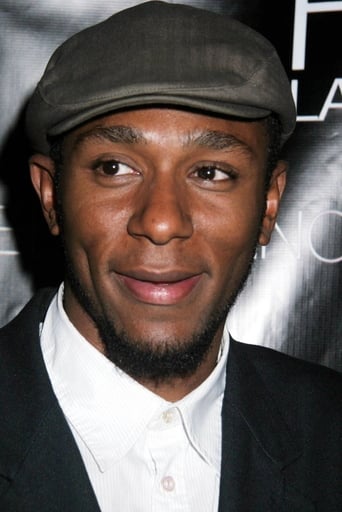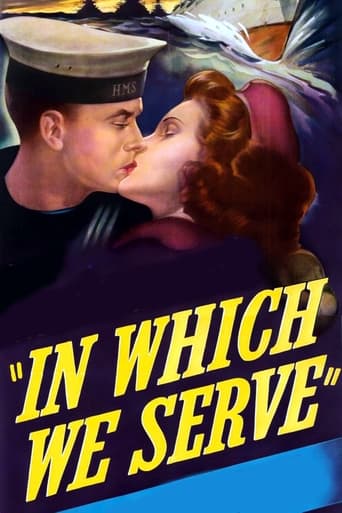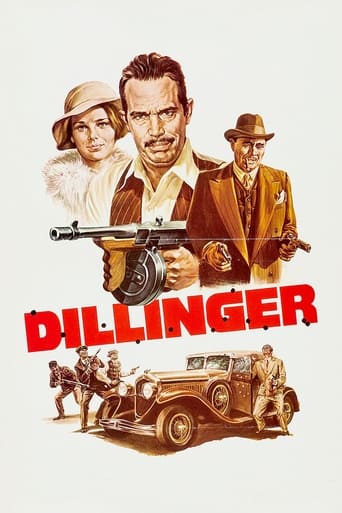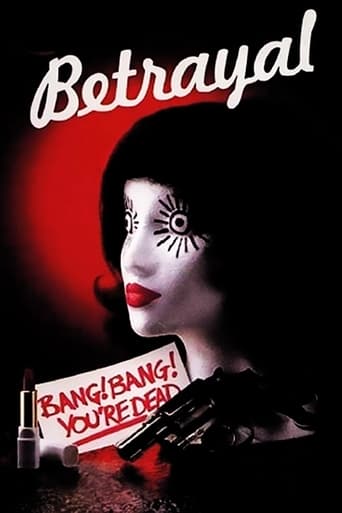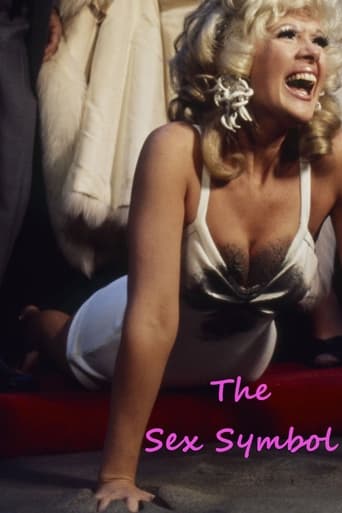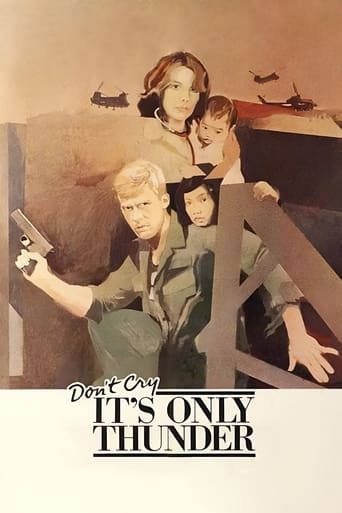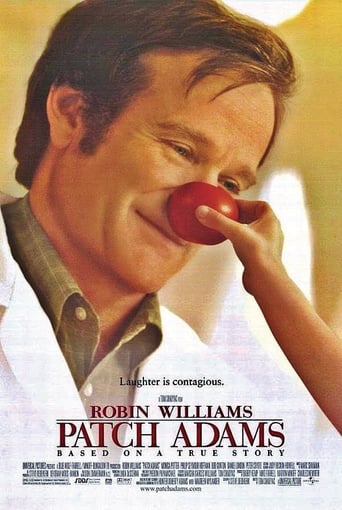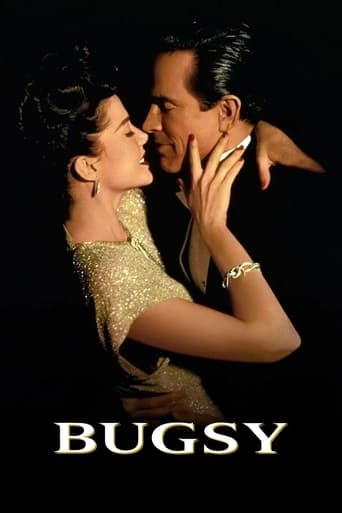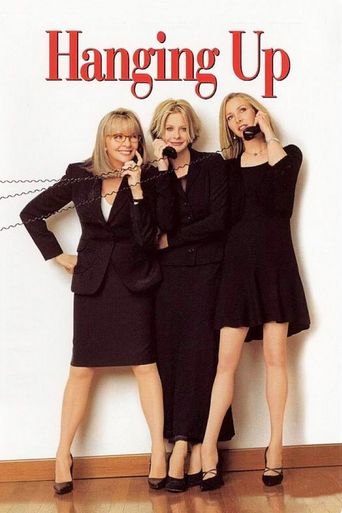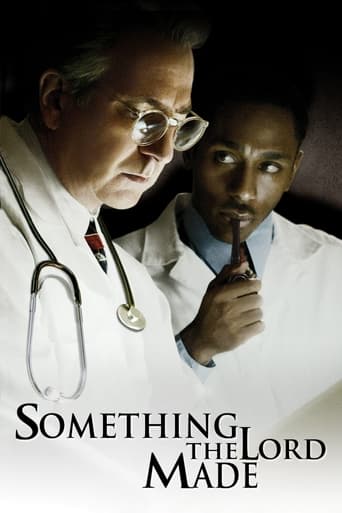
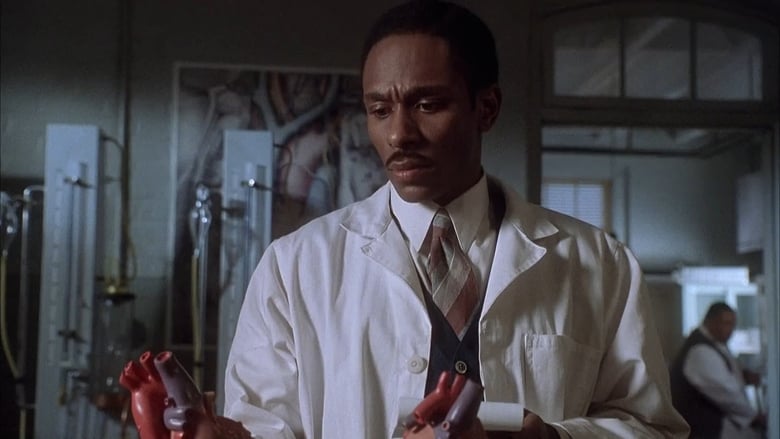
Something the Lord Made (2004)
A dramatization of the relationship between heart surgery pioneers Alfred Blalock and Vivien Thomas.
Watch Trailer
Cast


Similar titles
Reviews
In the 1930-40's when Racism was in full force, most people in power were slow, nay, reluctant, to change their views. Theirs' was a world of stature, provided you were white. Any other race, color or creed were subject to a code which stated, if you're not white, we do not recognize you. This movie, directed by Joseph Sargent, is a case in point. In 1930, Dr. Alfred Blalock (Alan Rickman) is a prominent medical practitioner. Although skilled, he lacks scope, to advance medical science by basic, but often crude methods. Into his stagnant, myopic and definitely prejudicial world enters one extremely gifted young man named Vivian Thomas (Mos Def). He meets and immediately catches the eye of Dr. Blalock who discovers the man he knows as the 'Janitor' is not only closely observant, but insightful, not only as an anatomical artist, but as a imaginative Proceduralist. In time, the friendship grows, but not their social status, as their world clings to racial stereotypes. Despite the increasing accomplishments produced by Thomas, the lion's share of the credit is offered to Blalock, who does not recognize Thomas in either the media nor with the hospital. It will be years, before his overseers acknowledge the talented young man as a great doctor and futurist. The movie is a splendid example of Racism in the work place and Rickman is a perfect specimen of the opportunistic, egotistic and self-absorbed employer. Were it not for the changing times, America would have never known of the incredible achievement of Dr. Vivian Thomas. A moving and emotional picture and sure to become a Classic. ****
It is 1930 in the deep South, and Vivien Thomas (Mos Def), who always dreamed of becoming a doctor, has just been fired from his job as a carpenter. Hired to clean the lab cages for the arrogant Dr. Blalock (Alan Rickman), Vivien quickly demonstrates a rare affinity for medicine and a knack for making improvised surgical instruments. Blalock appreciates his unusual skills and takes Vivien with him when he moves to Johns Hopkins University, where, together, they work to save dying "blue babies." It's been a long time since a movie touched me this much. This Emmy-winning HBO film is simply outstanding in every way; the script, based on a true story, is exciting and the actors are all excellent. I got the movie because of Alan Rickman, but it is Mos Def who is the real star. He gives a powerful performance as an idealistic young man hobbled by the injustices of segregation who perseveres to become a respected scientist. Though Vivien never attended college, he helped plan and assisted in the world's first open heart bypass surgery to correct blue baby syndrome in 1944.The Jim Crow era is recreated well, showing such a cruel and hopeless world that Vivien's accomplishments are nothing short of amazing. This is an exceptional movie, guaranteed to have you reaching for the tissues. Highly recommended.
As with many "true story" films created in the U.S. these days this one is full of half-truths, stretches and flat out lies. Such films only succeed with those among us who do not "research" the "movie facts". Anytime I see miraculous events and Disney-like truism in a movie I hit the Internet and research the film. Rarely does the film hold up under scrutiny and this film is no exception. I would not be surprised that most who rate this highly have not researched the true facts. For instance, the machine he invented alone in the movie was actually a joint collaboration. The brilliant sewing technique he supposedly came up with in the movie was actually the idea of the female doctor. There is a long list of such twists. The contributions of the white doctors were totally ignored to build up this guy. How fair is that? Many do not realize that this film was based on an "article" written by a female journalist who interviewed his "wife" for these "facts". The article itself is jam packed with hearsay like "the doctor thought". How does she know what the doctor thought? But she needed to sell an article and seemingly miraculous events always make good copy. There are numerous articles online about such propaganda like the movie "Charlie Wilson's War". We need good black role models but reinventing facts to create them is a bad way to go about it.PS. As with the other negative reviews that I found of this film expect to find this one way at the end of the others where it will most likely not be read. Hooray for the First Amendment! Yea right!
This is a docudrama about the two people behind the first open heart surgery: Dr. Alfred Blalock (Alan Rickman) and Vivien Thomas (Mos Def). One of the many qualities of the film is how it gives enough technical medical details so that you can appreciate the ultimate achievement of the successful operation in 1944 - on a baby with a heart defect - but it does not dwell on the technical specifics to the extent that only a medical doctor could appreciate them. As interesting as the medical aspects are, the real strength of the movie lies in the character development of the two men and the depiction of the racism that Thomas had to endure. Sometimes I felt we were being hit over the head a little too hard with the racism angle (Blacks to the back of the bus, Thomas serving drinks at Blalock's social parties, documentary footage of blacks being hosed and attacked by dogs, Blacks having to enter through the hospital back doors, separate restrooms, and so forth), but that was what Thomas was facing at the time. At least he lived long enough to see the end of institutionalized racism and get some of the respect he deserved.Blalock was an interesting character. When Vivien was the janitor in his lab Blalock was interested enough in him as a person to find out that he had been a skilled carpenter. When Thomas showed some interest in Blalock's surgical experiments on animals, it occurred to Blalock that, given Thomas' background, he might have uncommon dexterity. When this turned out to be true, Blalock was open-minded enough to train Thomas to work with him on surgical procedures. When Blalock stands up for Thomas' working with him in the face of racist comments from colleagues and resists certain racist customs you are thinking that this is going to be one of those stories to warm the hearts of ardent liberals. But Blalock had either an insidious form of racism or such an ego that he could not seem to look much beyond how he could use Thomas to further his career. He could unreasonably fly into a rage when he thought that Thomas was not living up to his impossible expectations and he did not push for any promotions or pay raises for Thomas in spite of the fact that Thomas' skills were developing to equal or surpass Blalock's own. When Blalock's pioneering work received national recognition, he did not include mention of Thomas' contributions.When Blalock showed up at Thomas' house one night, Thomas' wife said to him, "In all the years that you have worked with Vivien you have never come to our house," and Blalock responded, "You never asked me." Trying to figure Blalock out and just what the bond was between these two men is quite a puzzle.I would have liked to know more about Thomas as a person. Whereas Blalock is presented warts and all I have the feeling that there was more to Thomas than the saintly image we get here.The final scene is very moving, where the faces of the actors resolve into the real portraits of the two men that now hang in the Johns Hopkins Medical Center.It is an unusual movie where you get a history lesson as well as an engaging character study.



